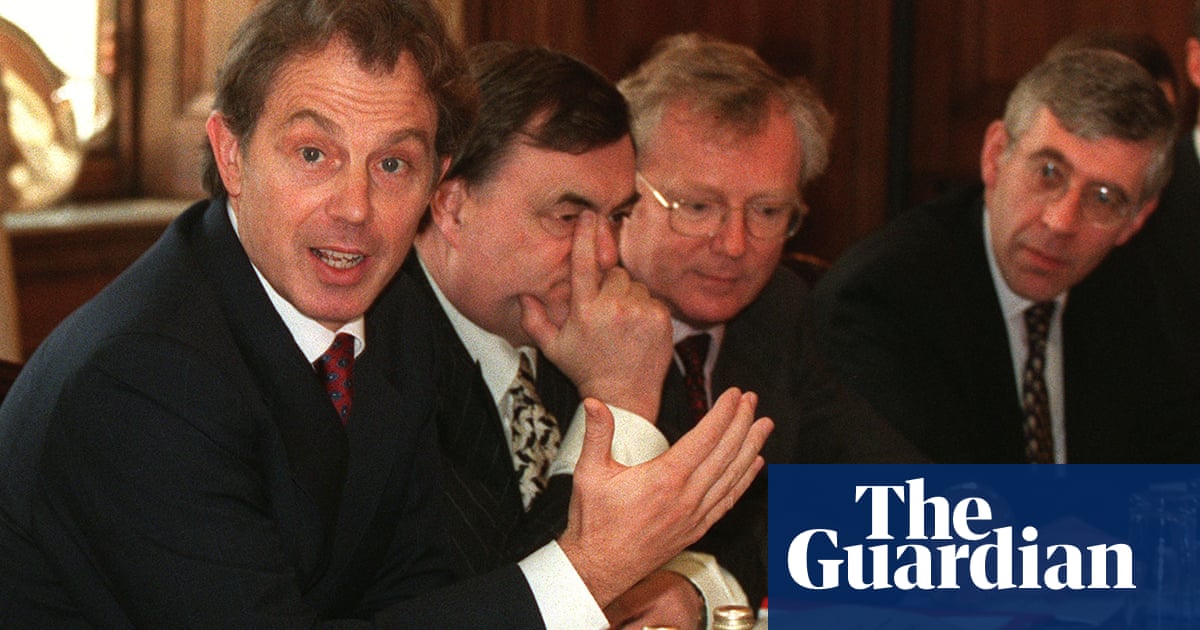The minimum wage has driven up the pay of millions of Britain’s lowest earners by £6,000 a year, making it the single most successful economic policy in a generation, according to a leading thinktank.
Since its introduction in 1999 by Tony Blair’s first Labour administration the policy has secured cross-party agreement, and should be seen as the basis for further improvements in the welfare of low wage workers, the Resolution Foundation said.
The minimum wage will increase on Monday 1 April as it rises from £10.42 to £11.44, in the third-highest annual change in its history – a rise of 9.8% in cash terms and 7.8% above inflation.
In a study released to mark 25 years since the policy’s introduction, the foundation said workers would have been £6,000 a year worse off since 1999 if their pay had only risen in line with average wages rather than the increases recommended by the independent Low Pay Commission.



Minimum wage raises have almost no effect on inflation rates, or “shrinkflation” for that matter. The rises in minimum wage have been frequent over the last few years but it’s almost entirely been cost push inflation that’s caused the cost of living to be so much higher and so swiftly over the last few years. Longer term here’s actually been huge wage stagnation for most. Which is its own issue. Off the back of the cost push causation, the UA invasion by Russia, covid etc profiteering by companies is definitely happening too.